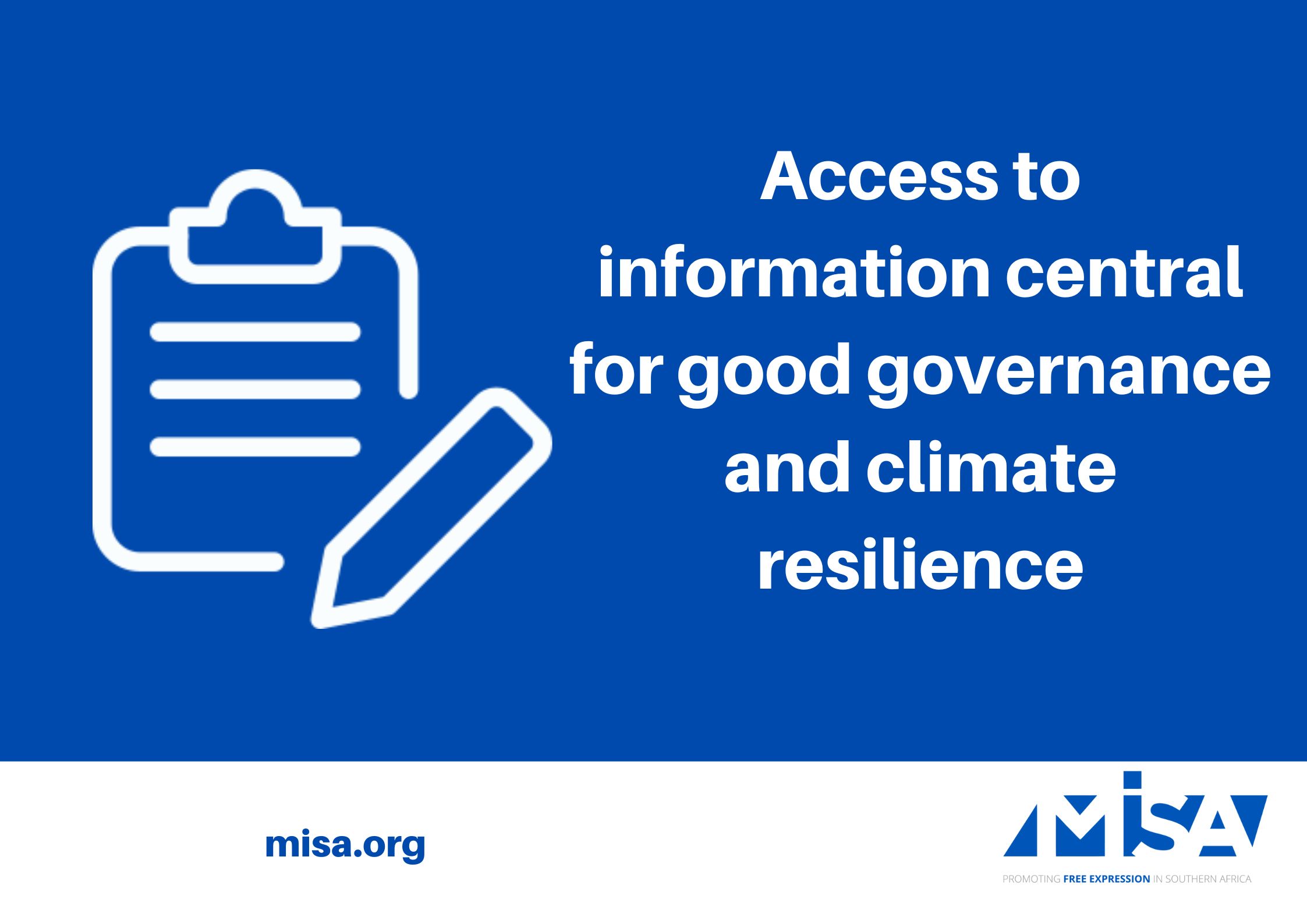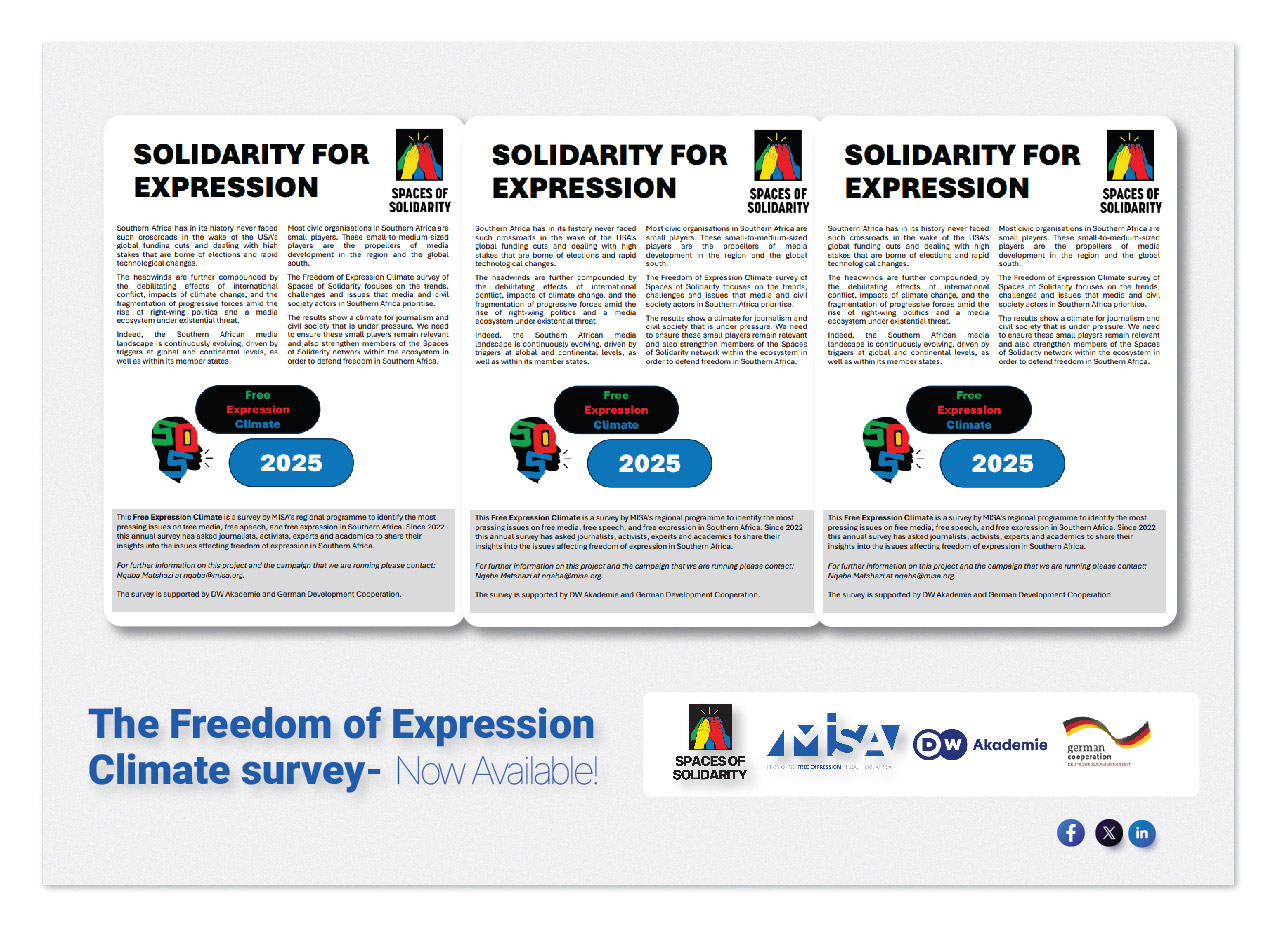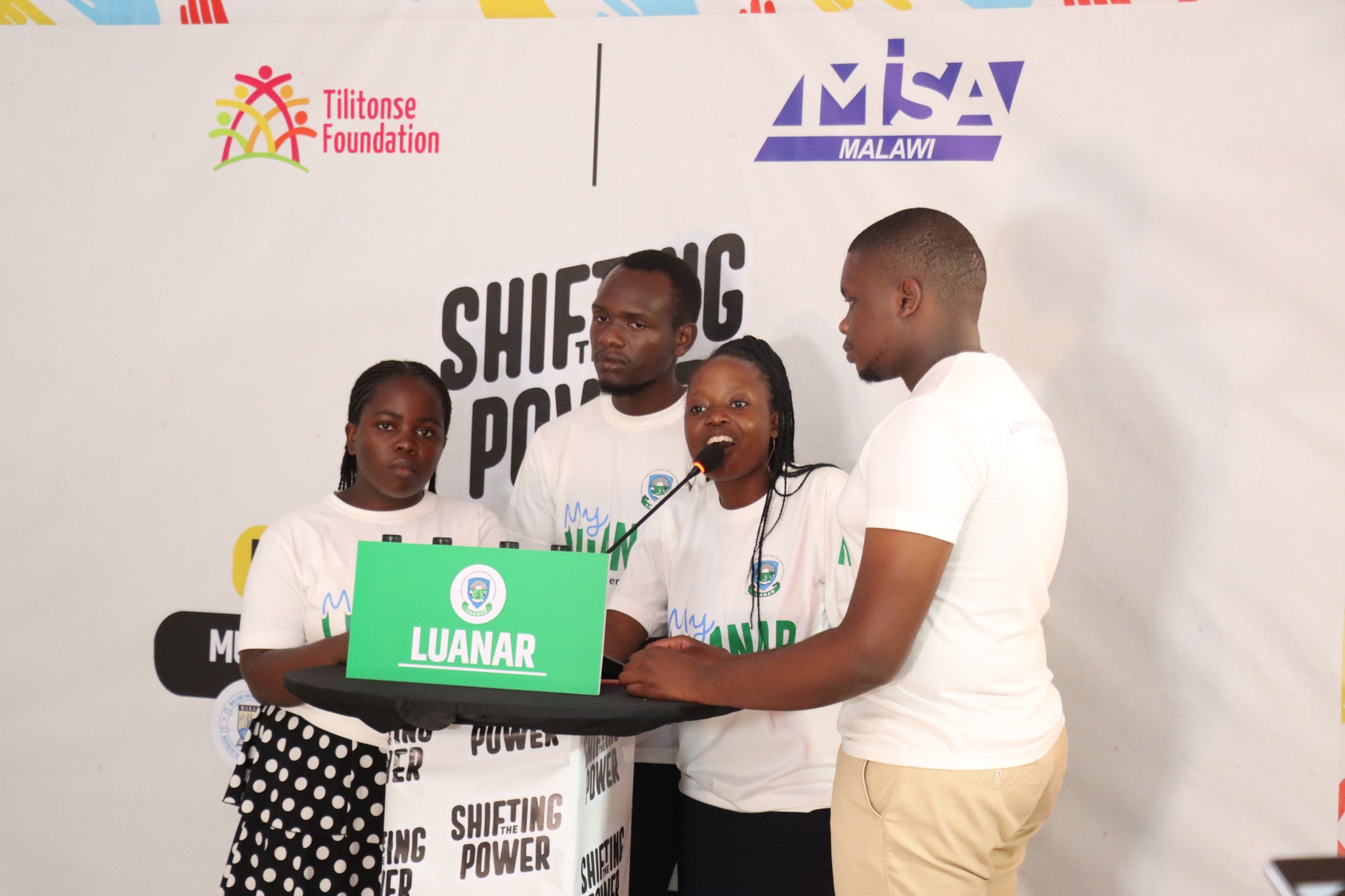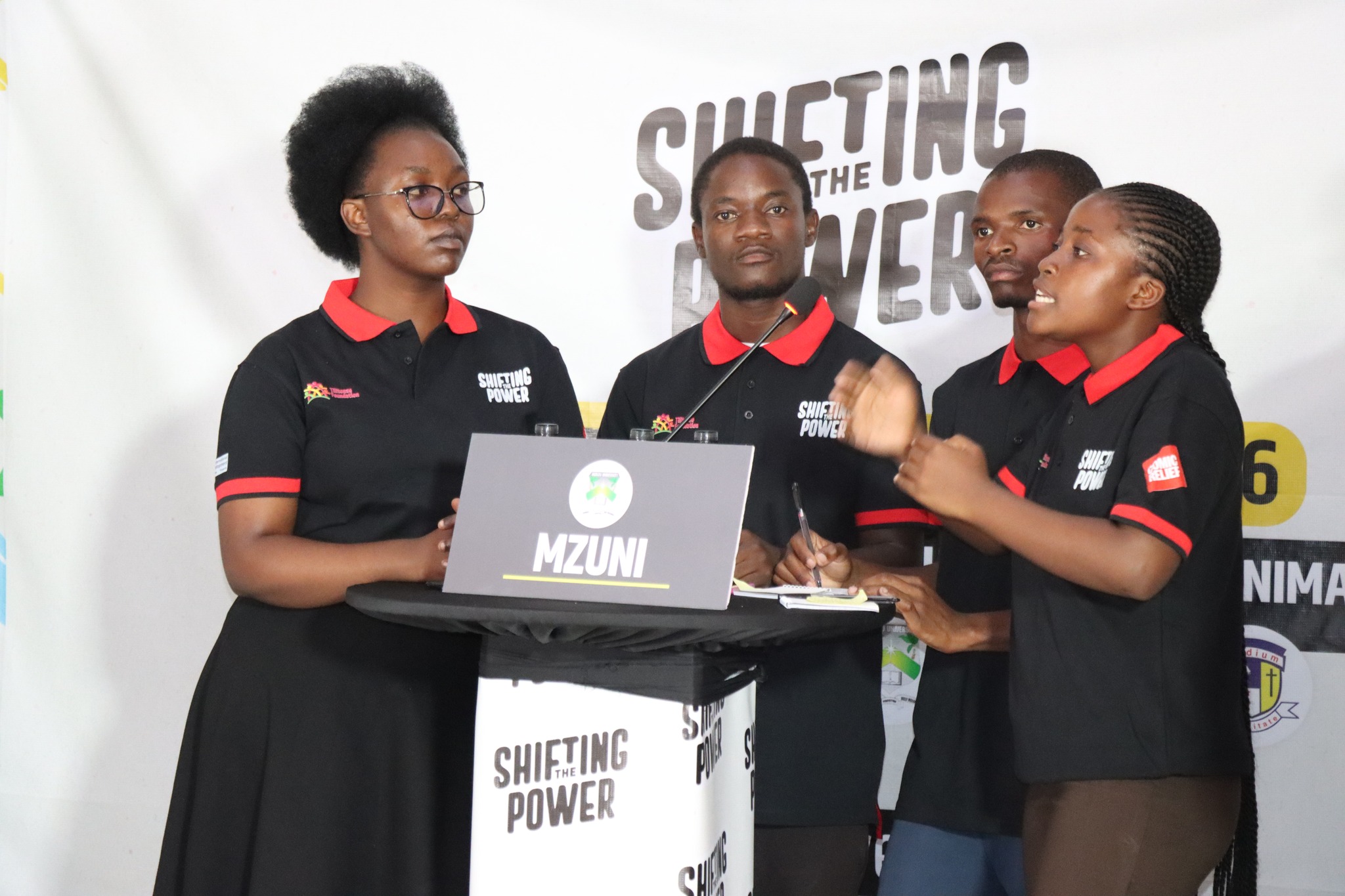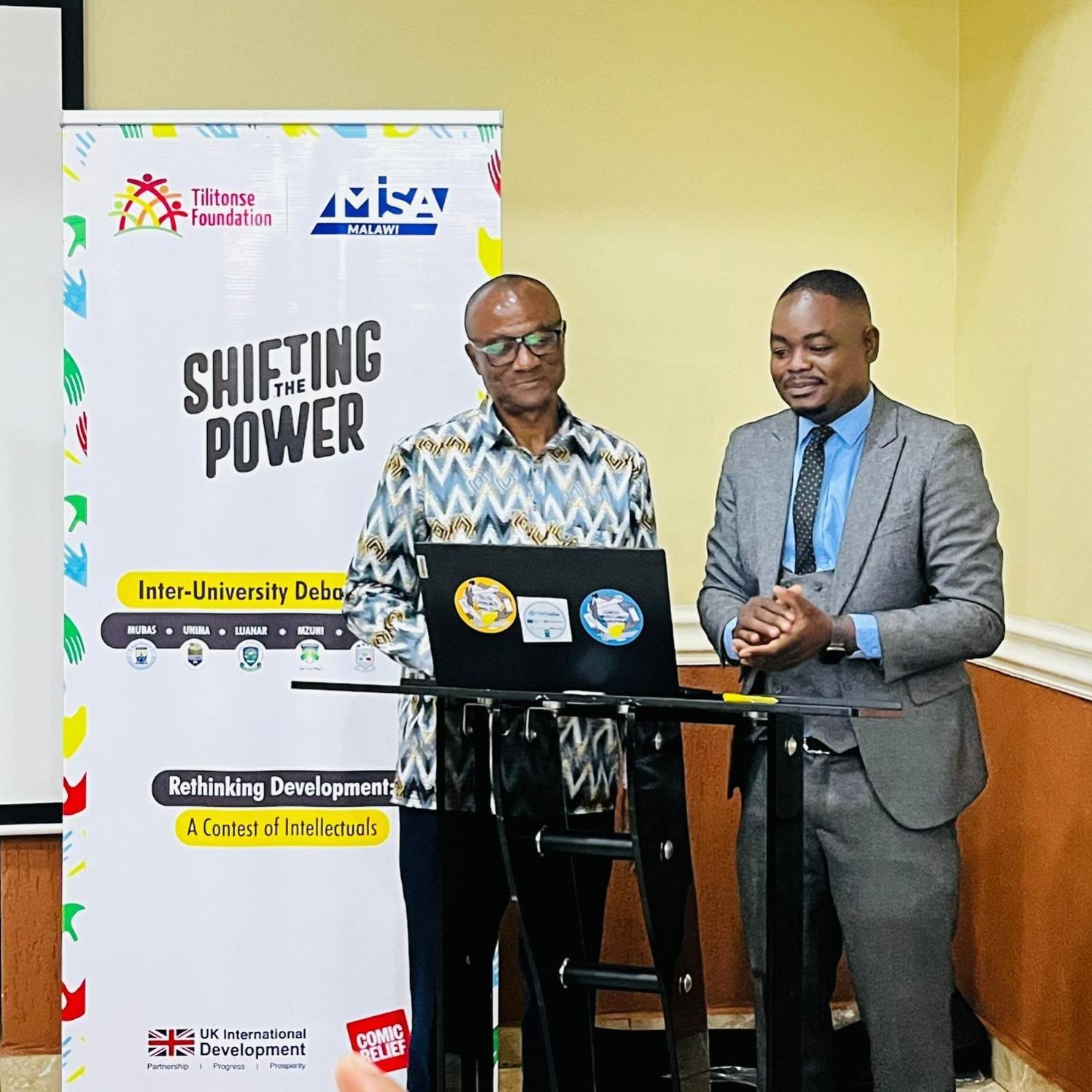During the run-up to the Malawi’s first ever Tripartite Elections, the Institute for War and Peace Reporting (IWPR) conducted a monitoring project whose findings exposed media bias in the way the media conducted itself. IWPR, in partnership with the National Democratic Institute (NDI), produced three monitoring reports on media coverage in Malawi ahead of presidential, parliamentary and local elections held on May 20, 2014.
The reports are based on analysis of thousands of news items taken from a wide range of print, broadcast, electronic and social media. They cover three periods – March 22 to April 2, April 2 to April 22, and finally April 23 to May 18.
The first media monitoring report which focused between 22 March and 2 April 2014, established that overall, but with some notable exceptions, the majority of the news coverage that were monitored were found to be broadly neutral in tone, though the coverage on the state radio and television stations showed a bias in favour of the ruling Peoples Party (PP) both in terms of number of items and tone.
When referring to a specific election, the media gave by far and away the most coverage to the presidential race, and within that mostly mentioned the PP presidential candidate; this was the case whether the tone was neutral, positive or negative (however, as the party in government, this is only to be expected). The report also found that the local government elections were not covered to any great degree anywhere but coverage was implied in the overall ‘horse race’ coverage between the parties.
The second media monitoring report which focused from 2 to 22 April 2014 found that there were no significant differences found between what was reported in the first report and this one except that the neutrality of tone on social media (Facebook and Twitter) had declined.
The media continued to give by far and away the most coverage of the tripartite elections to the presidential race rather than the parliamentary and local government elections because (1) of the electoral system of FPPS, (2) the incumbent PP president was constantly in the news, partly because of the policisation of ‘development’ projects which when inaugurated become political rallies. The main issues preoccupying the media were the electoral process, public security, cashgate, and economy.
Overall, the majority of the coverage monitored was found to be broadly neutral in tone except for Twitter and Facebook. Both state radio and TV continued to give overwhelmingly more favourable coverage to the PP than to any other party.
Similarly, the third media monitoring report which focused between 23 April and 18 May 2014, LAO established that there were no significant differences reported compared with the trends that we revealed in the first and second monitoring periods, apart from a continued incremental improvement – in terms of balance between the parties – detected in the coverage provided by MBC TV.
The report further found that in this period, of MBC TV’s positive coverage, 67% of it went to the ruling party (PP) , compared with an overall figure for the 2009 election when 98% of the broadcaster’s positive coverage went to the then ruling party, the DPP.
The media monitoring work was supported by the United States Agency for International Development and the British Department for International Development.
All the three reports can be downloaded in full on this IWPR link: http://iwpr.net/what-we-do/printed-materials/malawi-election-monitoring
http://iwpr.net/what-we-do/printed-materials/malawi-election-monitoring





